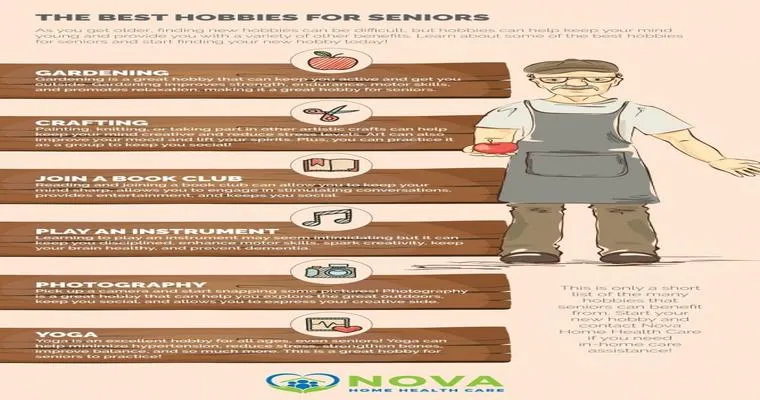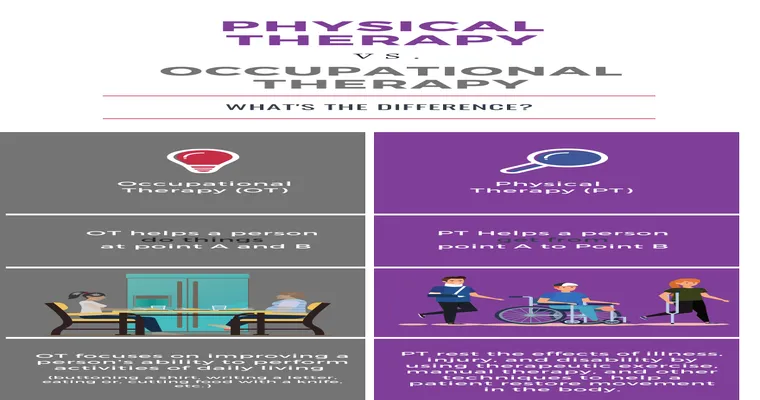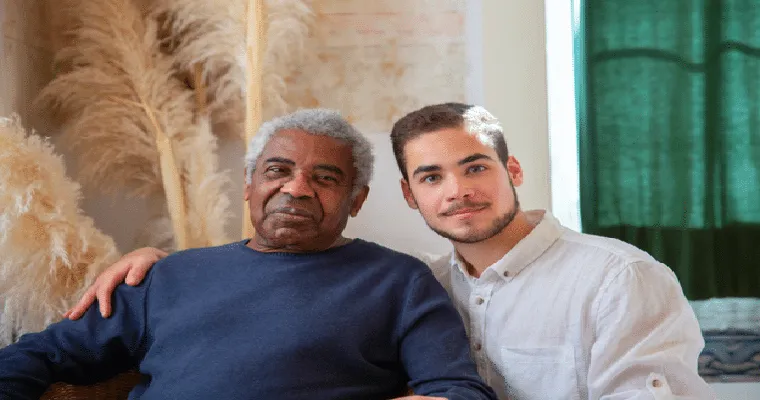Finding engaging "hobbies for seniors with limited mobility" can significantly enhance their quality of life. As caregivers, it's essential to identify activities that not only provide enjoyment but also promote mental stimulation and social interaction. This article explores various hobbies that cater to seniors facing mobility challenges, allowing them to stay active and engaged in meaningful ways.
One of the most accessible hobbies for seniors with limited mobility is "art and crafts". Activities like painting, knitting, or scrapbooking can be done from the comfort of a chair or a table. These creative outlets not only encourage self-expression but also improve fine motor skills and hand-eye coordination. Consider setting up a small crafting station with all the necessary supplies, making it easy for seniors to dive into their projects whenever inspiration strikes.
"Reading" is another excellent hobby for seniors with limited mobility. Whether it involves physical books, e-readers, or audiobooks, reading can transport seniors to different worlds and keep their minds sharp. Establish a cozy reading nook with good lighting and easy access to a variety of books or magazines. You can also encourage group reading sessions, where family or friends can join in, making it a social experience.
For those who enjoy "music", listening to favorite tunes or participating in sing-alongs can be a delightful pastime. Music has the power to evoke memories and emotions, making it especially beneficial for seniors. Consider creating personalized playlists or even hosting a small music session where they can share their favorite songs and reminisce about the past.
Gardening is another fulfilling hobby that can be adapted for seniors with limited mobility. Container gardening or indoor plants allow seniors to enjoy the benefits of nurturing plants without needing to kneel or bend down. This activity not only provides a sense of accomplishment but also connects them with nature, which has been shown to reduce stress and enhance mood.
"Puzzles and games" are fantastic options for seniors looking to stimulate their minds. Jigsaw puzzles, crossword puzzles, and board games can be enjoyed alone or with others, fostering social interaction. These activities encourage cognitive function and can be easily modified to suit individual skill levels.
Lastly, consider "virtual hobbies" such as online classes or social media. Many platforms offer virtual workshops on various topics, from cooking to photography, allowing seniors to learn new skills from the comfort of their homes. Social media can also be a great way for seniors to stay connected with family and friends, share their hobbies, and engage with communities that share their interests.
In conclusion, there are numerous "hobbies for seniors with limited mobility" that can provide joy, connection, and stimulation. As caregivers, it is crucial to encourage and facilitate these activities, ensuring that seniors continue to lead fulfilling lives. By exploring a variety of hobbies, you can help them discover new passions and maintain a sense of independence, no matter their mobility challenges.





